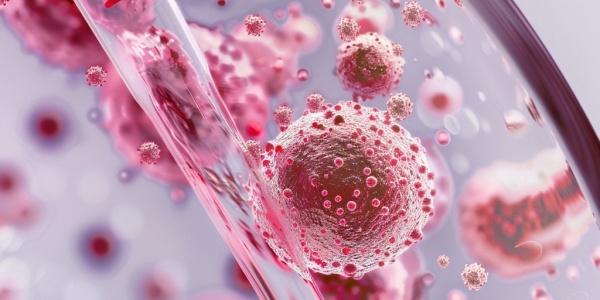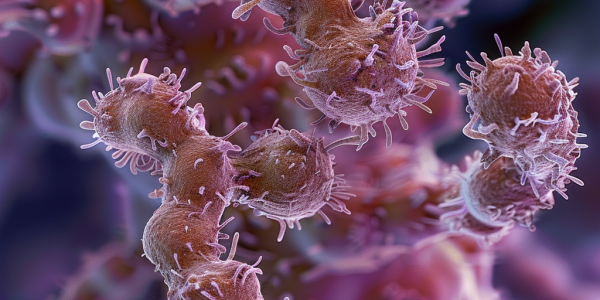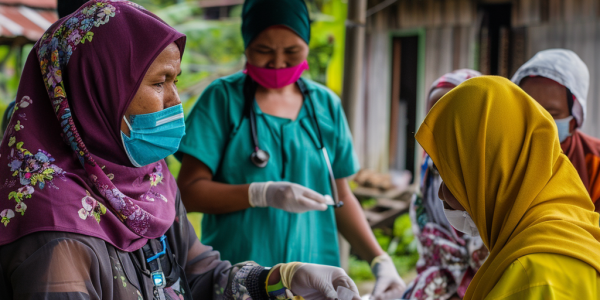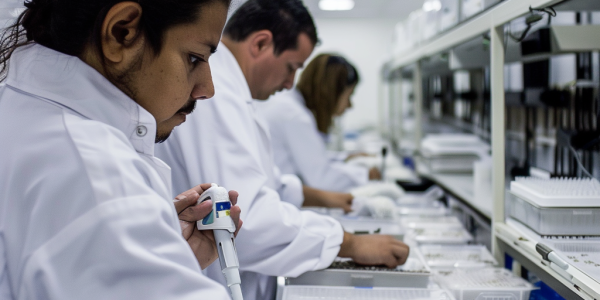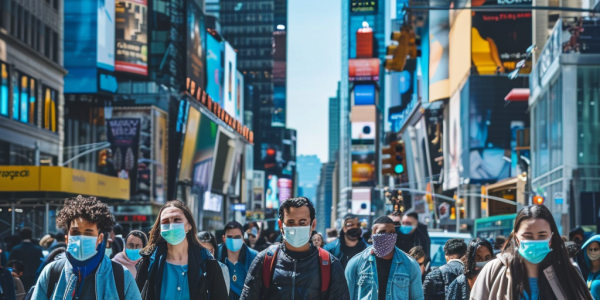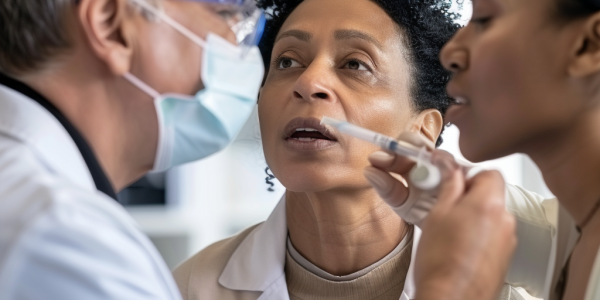Study Suggests Daily Olive Oil Consumption May Lower Risk of Dementia-Related Death
A recent study by Harvard scientists suggests that incorporating a daily spoonful of olive oil into your diet could lower the risk of dying from dementia. Consuming at least 7 grams of olive oil daily was associated with a 28% lower risk of dementia-related death. The study emphasizes the importance of vegetable oils, particularly olive oil, in promoting heart and brain health, highlighting the benefits of following a Mediterranean diet.
Study Reveals Impact of Pasteurization on Hormones in Donor Breast Milk
Recent research from La Trobe University reveals the impact of pasteurization on essential hormones in donor breast milk, specifically melatonin. High-temperature pasteurization reduces melatonin levels by 23.6%, potentially affecting the circadian rhythm of pre-term infants. Dr. Lauren Booker emphasizes the importance of preserving melatonin in donor milk for healthy infant development.
New RNA Alteration Treatment Strategy Shows Promise for Neuroblastoma Patients
A recent study from the University of Chicago reveals a new treatment strategy for neuroblastoma, focusing on RNA alterations associated with the condition. By blocking proteins that modify RNA transcripts, researchers have successfully inhibited the proliferation of neuroblastoma cells and tumors in mouse models. This innovative approach could revolutionize the treatment of high-risk neuroblastoma patients, offering hope for improved outcomes and reduced toxicities.
Gut Bacteria Found to Produce ABO-Universal Blood Enzymes
A recent study published in Nature Microbiology reveals that Akkermansia muciniphila possesses exoglycosidases capable of converting blood group antigens to produce ABO-universal blood, offering a promising solution to streamline blood logistics and reduce the risk of ABO-mismatched transfusions. This research highlights the potential of gut bacteria like Akkermansia muciniphila as valuable sources of enzymes for universal blood production, emphasizing the importance of leveraging microbial enzymatic pathways to enhance transfusion safety.
Indonesia Sees Decrease in Malaria Cases, But Remains Second-Highest in Asia
Indonesia has made progress in reducing malaria cases, but remains the second-highest in Asia. The country saw a decrease in cases in 2023, with efforts to combat the disease ongoing. The government’s malaria elimination program has achieved success in several regions, surpassing national targets. With a focus on endemic areas, Indonesia continues its fight against malaria to ensure the well-being of its population.
Exploring Attention Span Concerns and Alleged Water Theft in Recent News
Discover how the Order of the Third Bird is combatting shrinking attention spans caused by technology, while also learning about Dennis Falaschi, the ‘Robin Hood of irrigation,’ accused of stealing $25 million worth of water from the federal government.
Brazil Unveils Wolbachia Biofactory to Combat Dengue
The Ministry of Health, in collaboration with Fiocruz, unveiled the Wolbachia Biofactory in Belo Horizonte to combat dengue and other arboviruses. The facility will produce Aedes aegypti mosquitoes using the Wolbachia Method, playing a crucial role in preparing for future epidemics. Managed by Fiocruz and WMP, the Biofactory aims to release two million mosquitoes weekly to create a population incapable of transmitting diseases. This innovative strategy involves releasing Wolbachia-carrying mosquitoes to prevent the transmission of dengue, Zika, and chikungunya viruses.
Monkeypox Cases Surge in New York City
Monkeypox cases in New York City have surged, with an average of dozens of cases per month reported since October. The city Department of Health and Mental Hygiene issued a warning highlighting a total of 256 cases from October to April 15, with most cases affecting Black or Hispanic individuals aged 25 to 44. Despite the rise, the current numbers are lower than the 2022 global outbreak, emphasizing the importance of vaccination and preventive measures to curb the spread of the virus.
Metformin Shows Promise in Reducing SARS-CoV-2 Levels in Clinical Trial
A recent clinical trial by University of Minnesota researchers found that the common diabetes drug metformin can reduce SARS-CoV-2 levels in the body, potentially lowering the risk of rebound symptoms. The study focused on standard-risk individuals and showed that metformin could decrease viral load, prevent hospitalization or death, and reduce the incidence of long COVID. Early intervention with metformin led to a 3.6-fold reduction in viral load by day 10 and decreased the likelihood of hospitalization or death by 58% within 28 days.
Skin Cancer Awareness Month in Hawaii: Innovative Tools for Prevention
Learn about the impact of the sun on skin and the importance of preventive measures in Hawaii during Skin Cancer Awareness Month. Discover how the Skin Check Van is providing essential tools and resources to educate the community on sun damage and reduce the risk of skin cancer. Find out why daily use of sunscreen, UV-protective clothing, and seeking shade are crucial in preventing skin damage.



